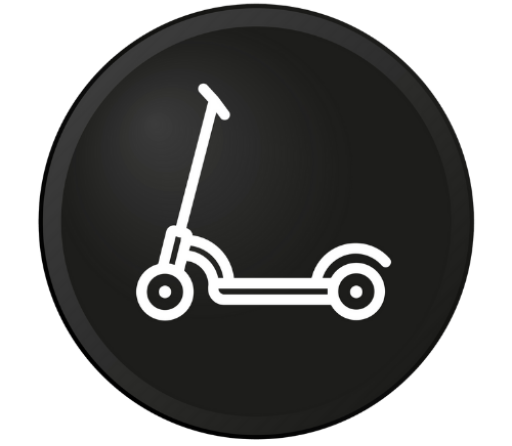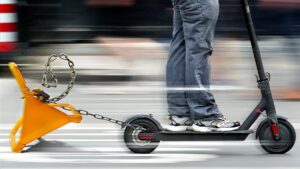Choosing the right bicycle can significantly enhance your cycling experience, whether you’re navigating city streets, exploring rugged trails, or enjoying a leisurely ride.
This article will compare folding bicycles and mountain bicycles, highlighting their unique features, benefits, and ideal use cases to help you make an informed decision.
1. Design and Structure
Folding Bicycles:
- Compact and Portable: Folding bicycles are designed to fold into a compact size, making them easy to carry, store, and transport. This feature is particularly useful for urban commuters and travelers.
- Variety of Folding Mechanisms: These bikes come with different folding mechanisms such as mid-fold, vertical fold, and triangle hinge, catering to various needs and preferences.
- Versatility: Built for versatility, folding bikes are suitable for commuting, leisure rides, and light touring.
Mountain Bicycles:
- Robust and Sturdy: Mountain bikes feature a robust frame and wide, knobby tires designed to handle rough terrains and off-road trails.
- Suspension Systems: Equipped with suspension systems (front suspension, full suspension) to absorb shocks from rough terrains and provide a smoother ride.
- Geared for Climbing: Typically come with a wide range of gears to handle steep climbs and varied terrains.
2. Use Cases
Folding Bicycles:
- Urban Commuting: Ideal for city dwellers who need a convenient and portable mode of transportation. They can be easily taken on public transport and stored in small spaces.
- Travel: Perfect for travelers who want to explore new places by bike without the hassle of transporting a full-sized bicycle.
- Recreational Riding: Suitable for casual rides in parks, neighborhoods, and bike paths.
Mountain Bicycles:
- Off-Road Trails: Designed for off-road cycling on rough terrains such as mountains, forests, and dirt trails.
- Adventure and Exploration: Ideal for adventure enthusiasts who enjoy exploring nature and challenging terrains.
- Fitness and Training: Used for fitness and endurance training, particularly on varied terrains that require strength and skill.
3. Performance
Folding Bicycles:
- Speed and Comfort: Generally not built for high-speed performance but rather for convenience and versatility. Some models offer multi-speed options to handle varied terrain.
- Ride Quality: Smaller wheels and a compact frame can affect ride quality, but high-end models often incorporate features like suspension to enhance comfort.
Mountain Bicycles:
- Terrain Adaptability: Designed to perform well on rough and uneven terrains, offering excellent traction and stability.
- Suspension and Shock Absorption: Suspension systems (hardtail or full-suspension) provide shock absorption, making rides smoother on bumpy trails.
- Control and Handling: Superior control and handling, especially on technical trails with rocks, roots, and steep descents.
4. Maintenance and Durability
Folding Bicycles:
- Regular Maintenance: Require regular maintenance, particularly of the folding mechanisms to ensure smooth operation and longevity.
- Durability: Built to be durable, but the folding joints and hinges can be points of wear and potential failure if not properly maintained.
Mountain Bicycles:
- Rugged Construction: Constructed to withstand the rigors of off-road riding, with durable frames and components.
- Maintenance Needs: Regular maintenance is essential, especially for the suspension system and drivetrain, to keep the bike in top condition.
- Durability: Highly durable and designed to endure the demands of rough trails and outdoor conditions.
5. Cost
Folding Bicycles:
- Price Range: Prices vary widely based on brand, quality, and features. Entry-level models are affordable, while high-end models with advanced features can be quite expensive.
- Value for Money: Offer excellent value for those who need a versatile and portable bike for commuting and travel.
Mountain Bicycles:
- Price Range: Mountain bikes also vary widely in price, from budget-friendly options to high-end models used by professional riders.
- Investment in Durability: Higher-end mountain bikes come with advanced materials and components, offering superior performance and durability for serious off-road enthusiasts.
Conclusion
Choosing between a folding bicycle and a mountain bicycle depends largely on your specific needs and riding goals. If you require a bike for commuting, travel, or storage in tight spaces, a folding bicycle provides unmatched convenience and versatility.
Conversely, if you seek a bike for off-road adventures, rugged trails, and challenging terrains, a mountain bicycle offers superior durability, control, and performance.
Consider your primary use case, budget, and personal preferences to make the best decision for your cycling lifestyle.



